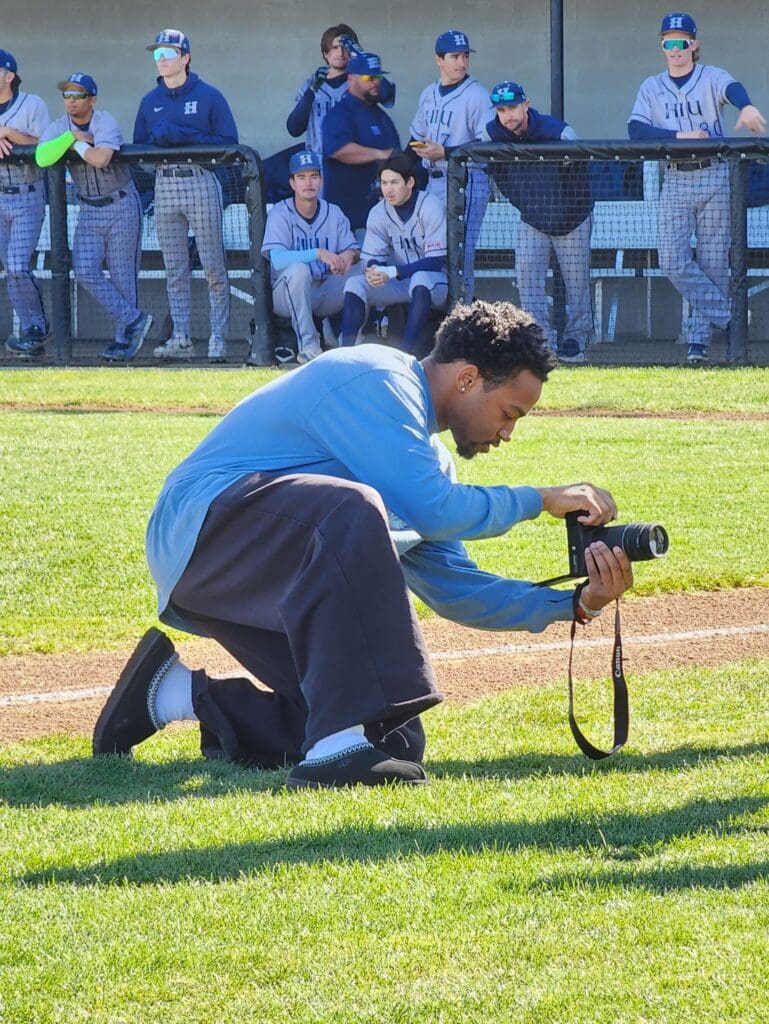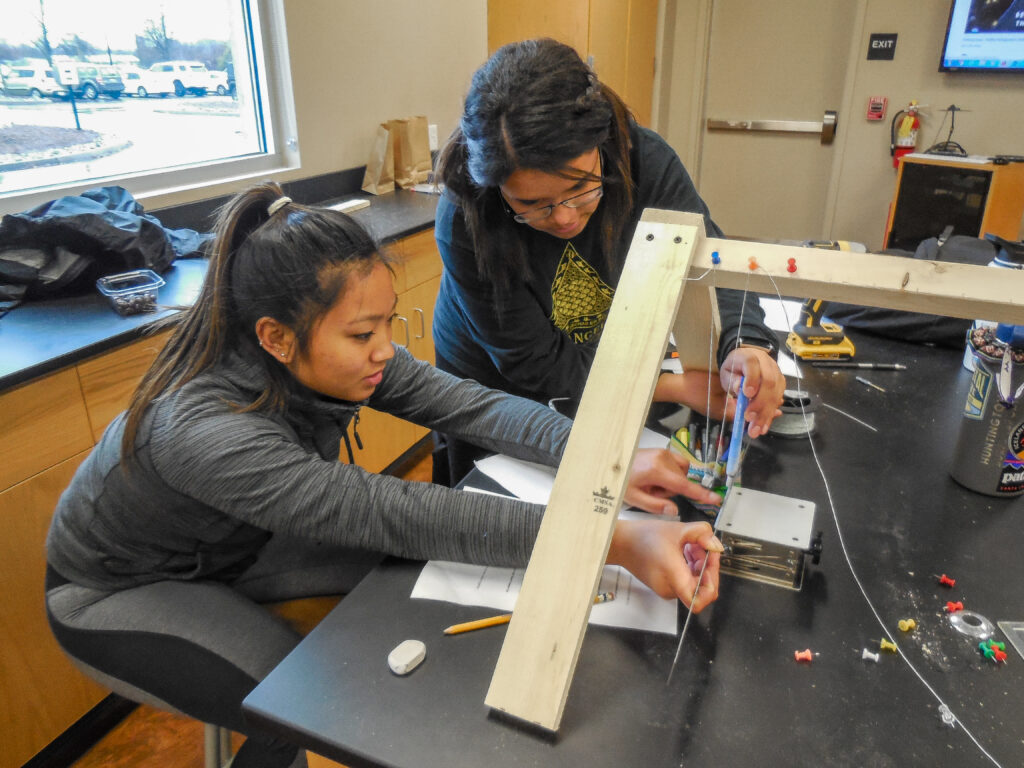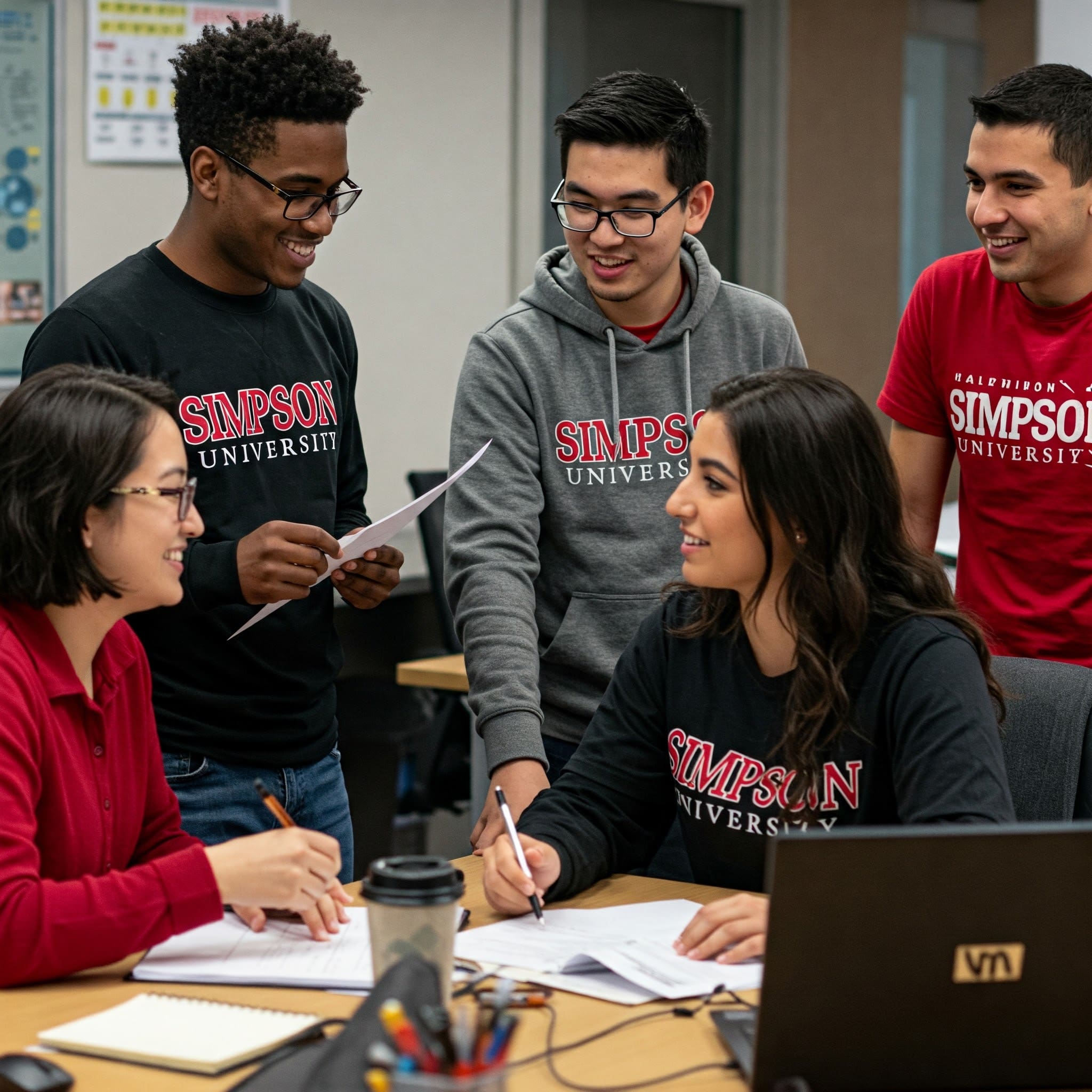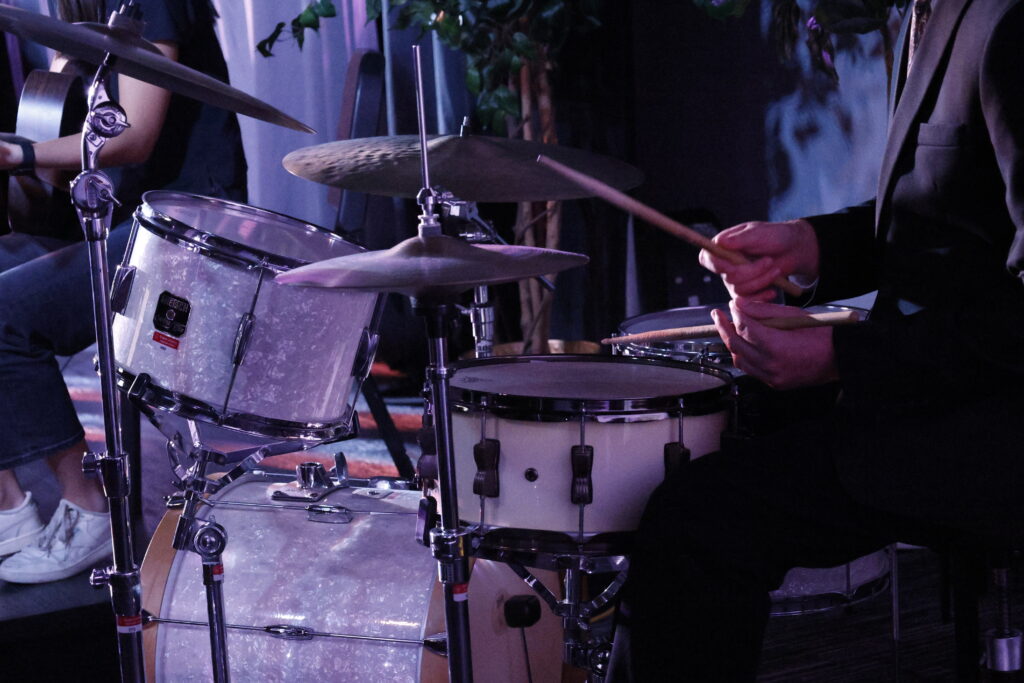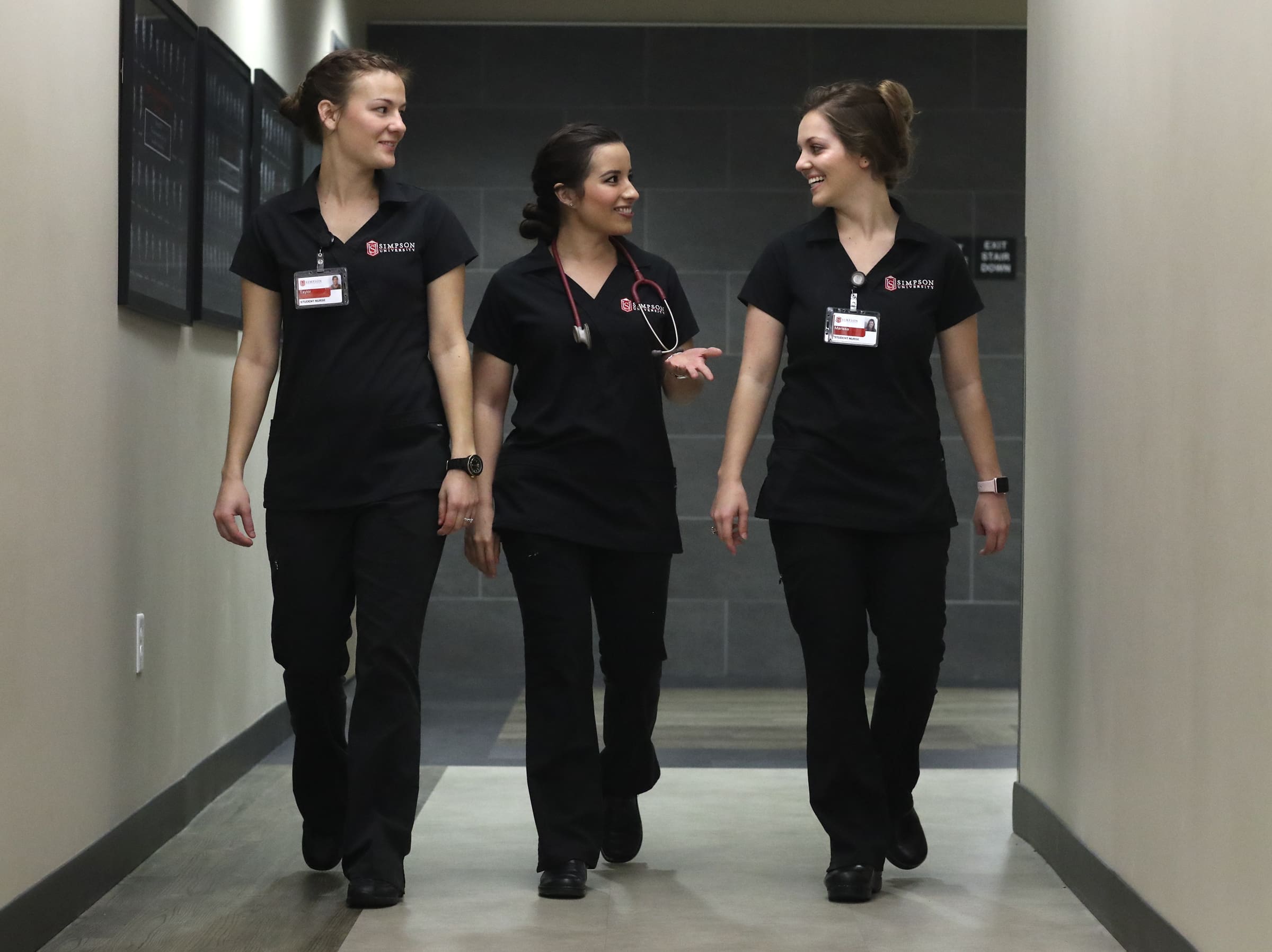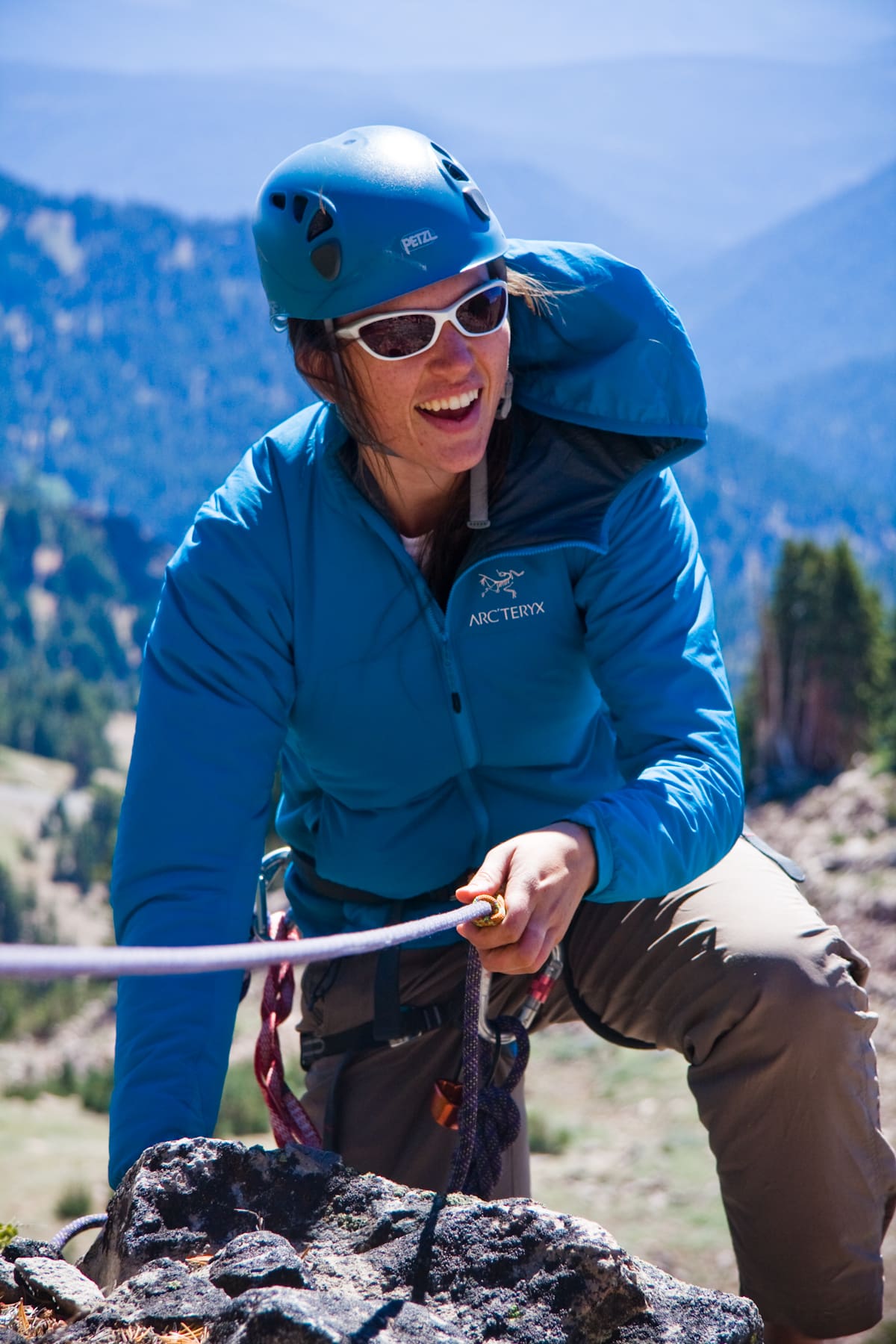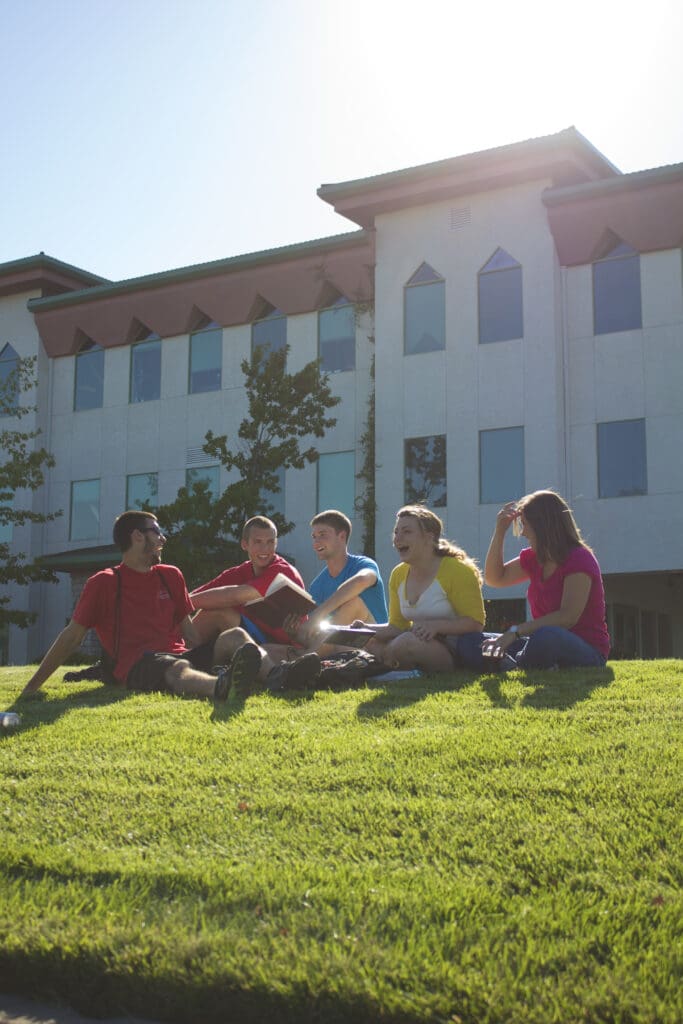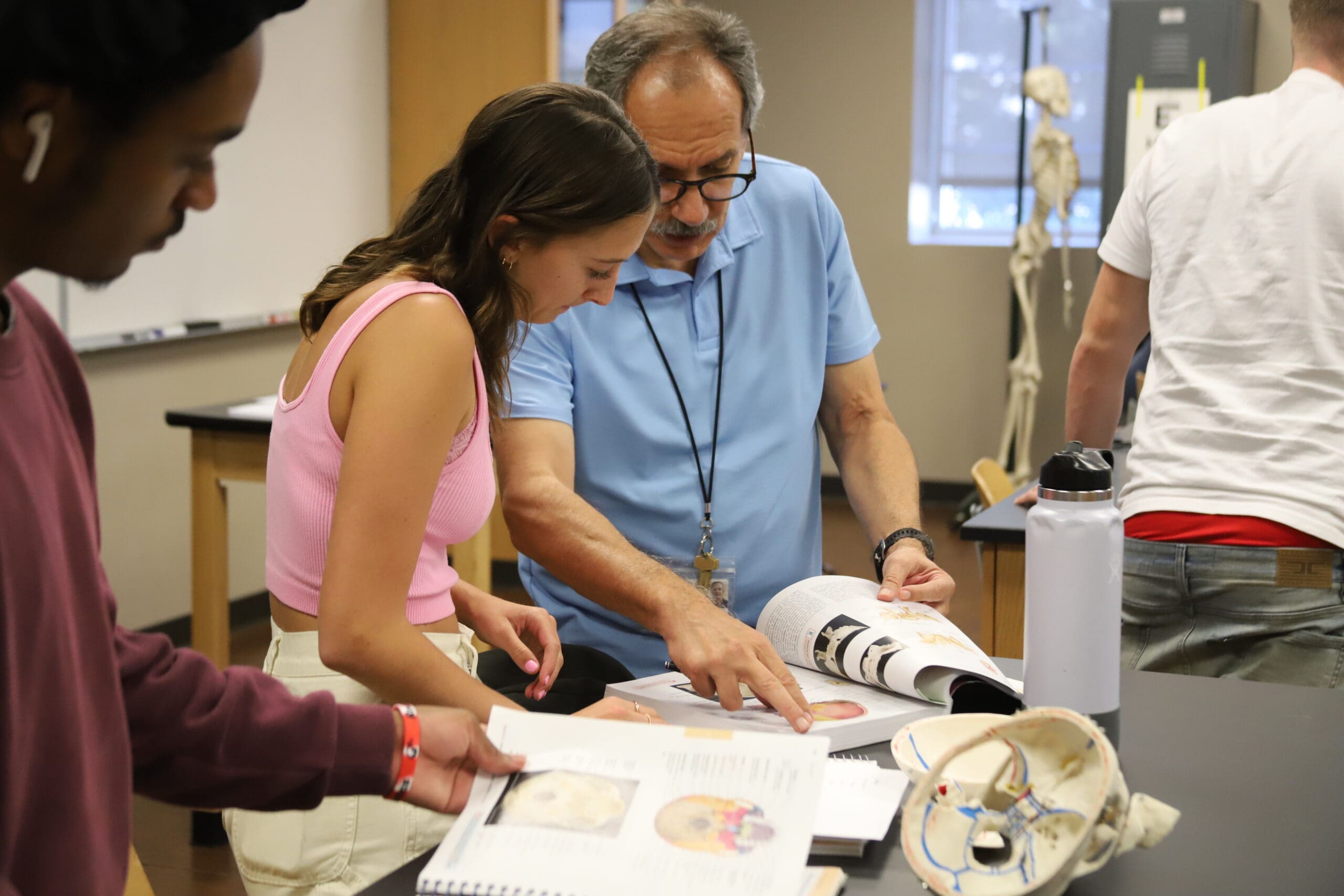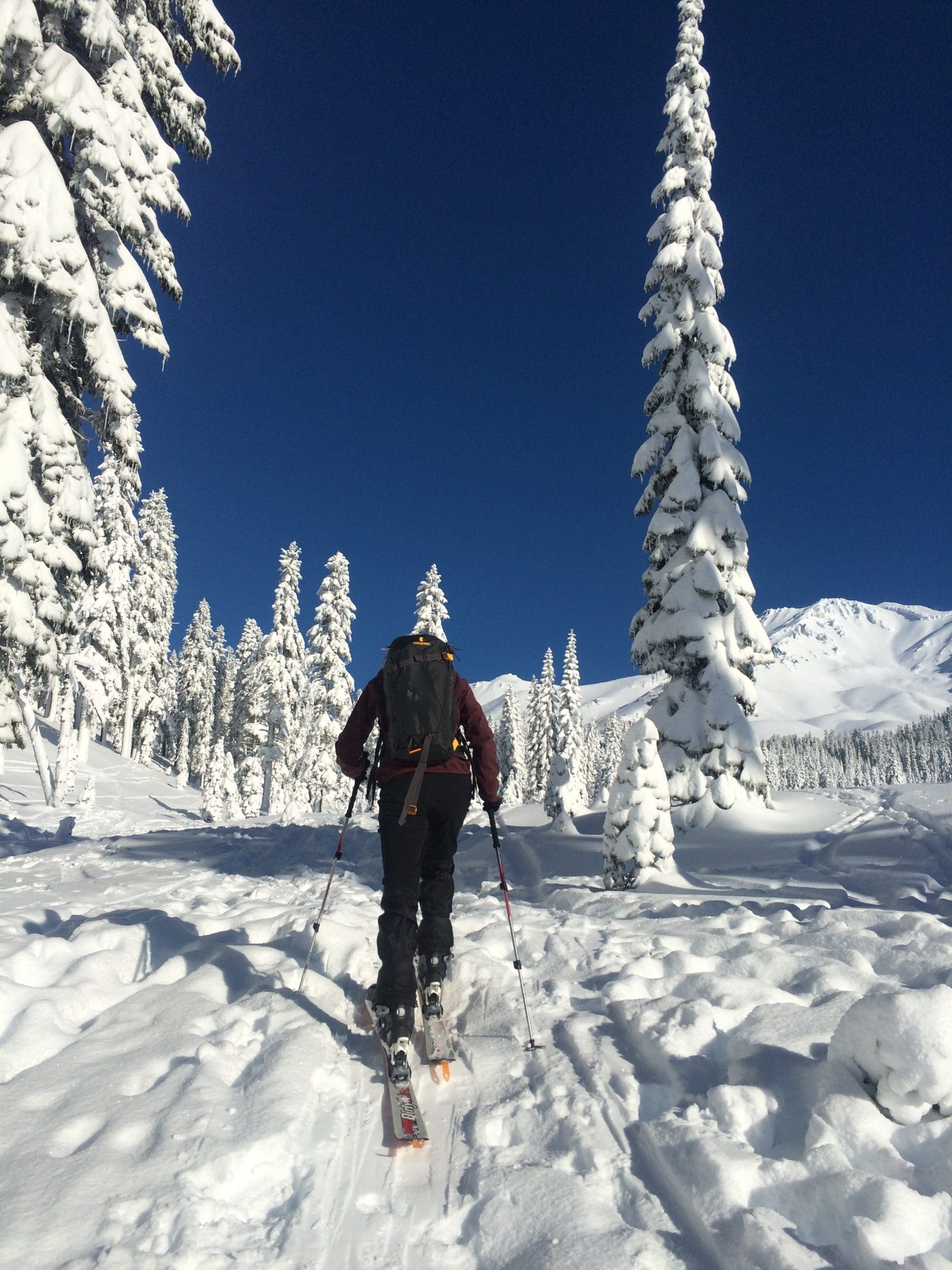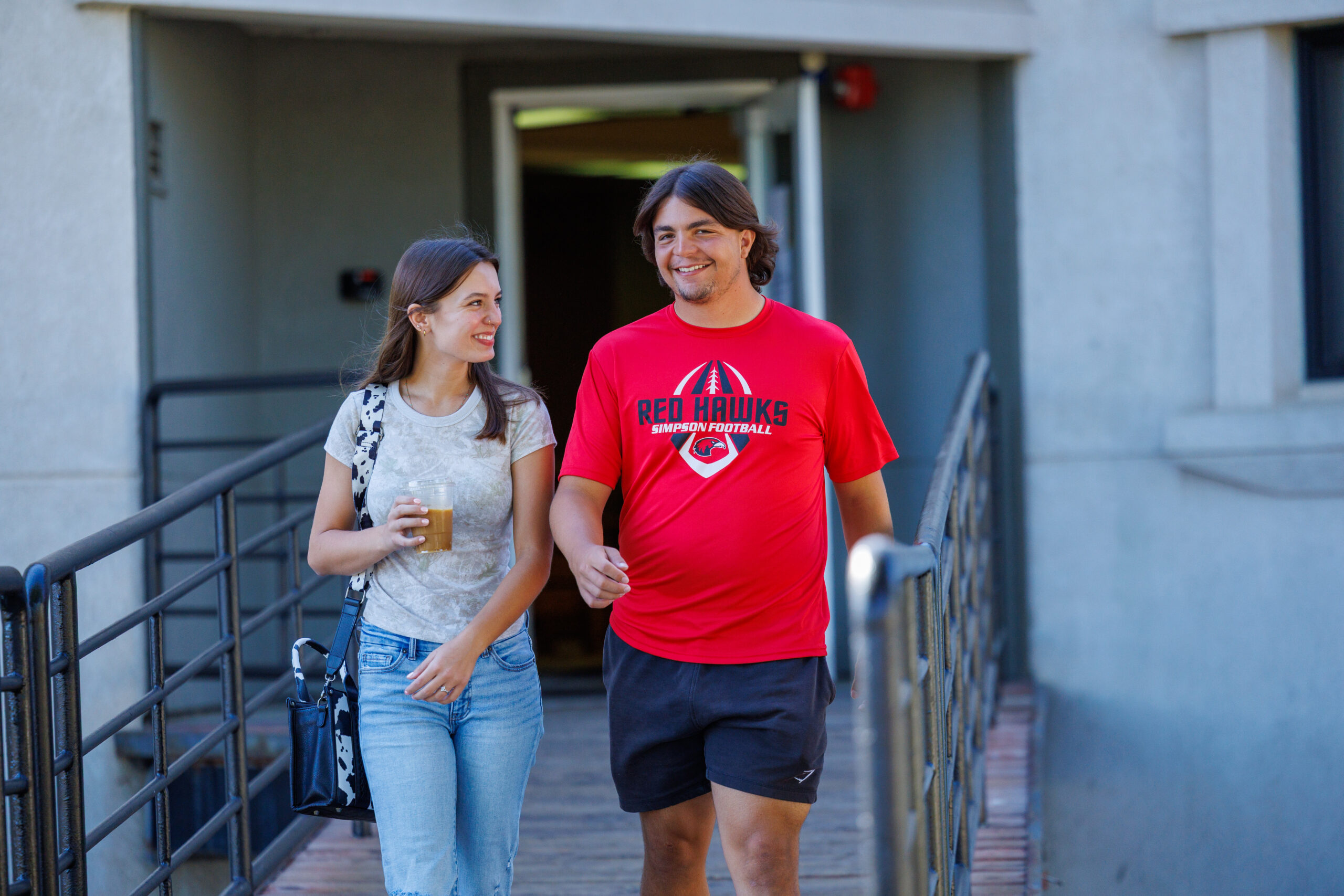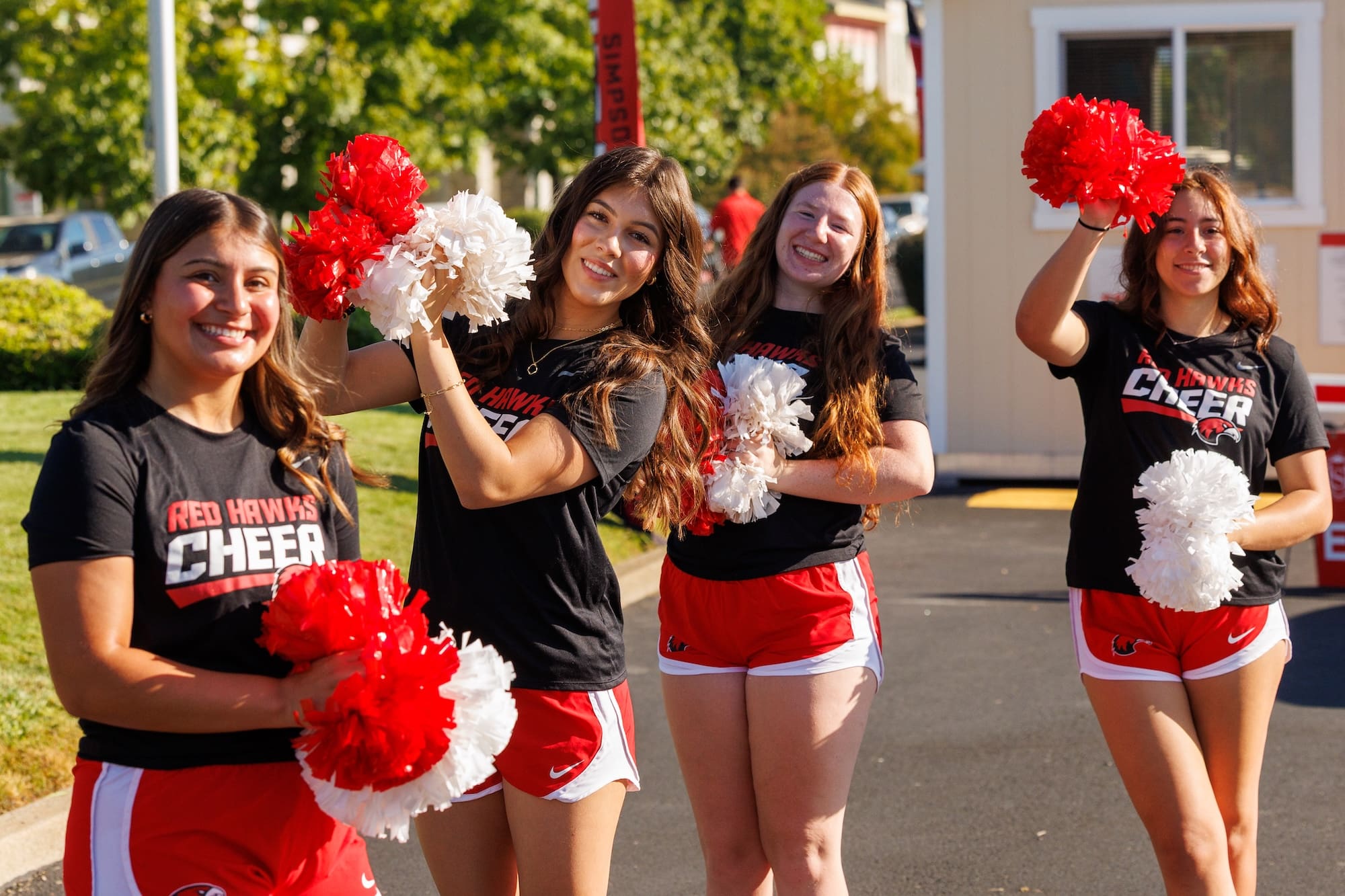Undergraduate Majors
BACHELOR’S DEGREES
ASSOCIATE’S DEGREES
MINORS
EDUCATION IGNITES POTENTIAL, TRANSFORMS LIVES, AND ILLUMINATES THE PATH TO GREATER POSSIBILITIES.
General Education
Simpson’s General Education (GE) curriculum immerses students into a breadth of courses drawn from the traditional disciplines that have been the cornerstone of a liberal arts education. Students take a variety of courses that introduce them to the rich heritage of the humanities and sciences as well as the testimony revealed in the biblical narrative and Christian traditions and provide essential knowledge in human and global understandings, Bible and theology, English, communication, history, and the sciences.
Core Courses
True to its Christian heritage, Simpson University’s signature CORE courses draw inspiration from the cross of Christ. The CORE curriculum helps students apply the disciplinary knowledge learned in GE courses to global issues through the lens of a Christian worldview. CORE courses are team-taught by faculty members from different disciplines and are designed to teach students to engage in cross-disciplinary dialogue as they confront issues facing today’s generation of students.
Major Courses
Our major courses give students the foundational knowledge (new word) and hands-on experience necessary to succeed in their chosen career. Simpson offers more than 20 majors, and each one has its own set of requirements.
